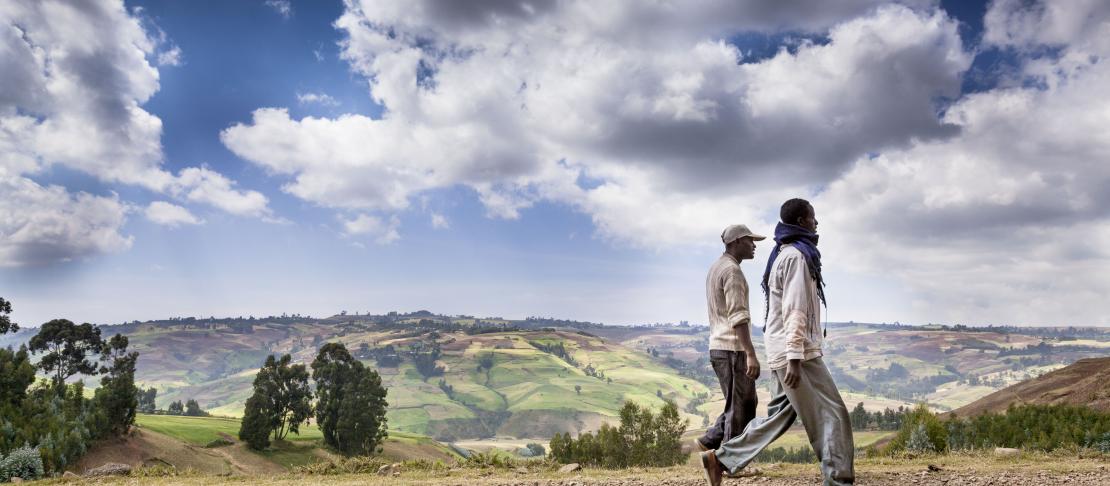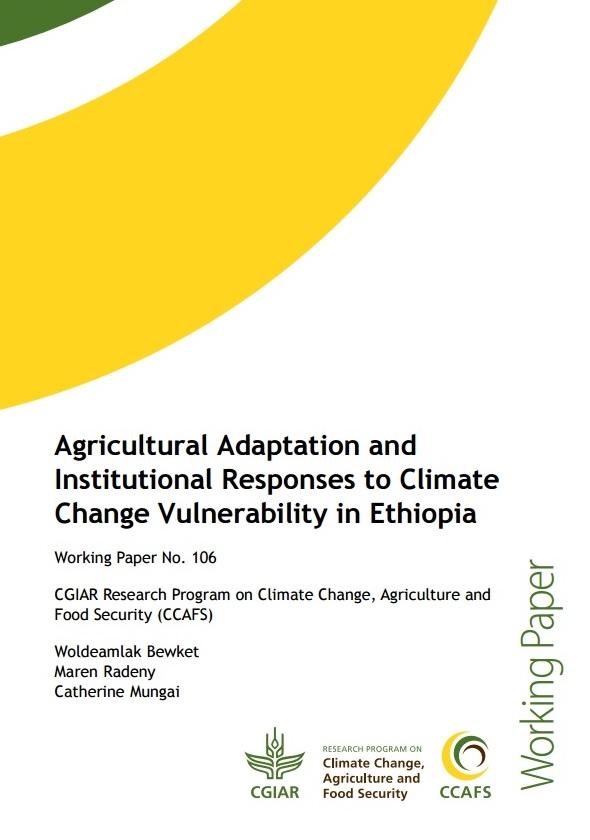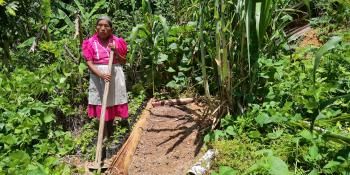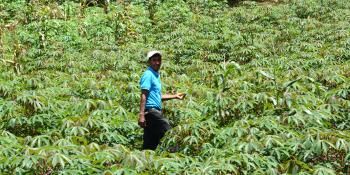More effective implementation of adaptation interventions needed in Ethiopia

Ethiopia's policies and institutions can be considered well-suited to tackle the adverse effects of climate change on its agricultural production. However, there are crucial knowledge gaps and a need for better implementation of its adaptation strategies.
Small-scale subsistence farming predominates in Ethiopia's agricultural production. It is mainly rainfed and therefore highly exposed to climate variability and extremes. This working paper synthesizes four case studies focusing on the impacts, vulnerabilities and local adaptation practices in Ethiopia‘s agricultural sector, including policy and institutional responses. The case studies were carried out in nine districts, representing the major agro-ecological and farming systems.
Findings
Results show that there are changes in local climatic conditions, manifested through several indicators such as increased temperatures, changes in rainfall amounts and patterns, and increased incidence of drought and flood events. Drought was a major problem in almost all sites, while floods affected localized areas in some of the sites. Informants attributed climate change to poor management of natural resources (forests and grazing lands), with rapid population growth as a key driver.
Coping and adaptive strategies
Communities used a wide range of coping and adaptive strategies that included adjustments in crop and livestock production, natural resource management, and diversification into new food and income sources. In terms of policies and institutional response, Ethiopia is arguably well prepared to address climate change. Despite the communities’ coping and adaptation strategies, the policies and institutions in place, agriculture and food security are increasingly negatively affected by climate change. This implies that some climate change effects overwhelm local coping and adaptive capacities.
Key recommendations
As a way forward, the report cites the need for effective implementation of planned adaptation interventions as outlined in the national policy and strategy documents and to build resilience in agriculture, natural resources and food security sectors. Also, further research is needed to fill in crucial knowledge gaps, some of which are identified and discussed in the working paper.
This study was commissioned by the CGIAR Research Program on Climate Change, Agriculture and Food Security (CCAFS), in collaboration with the Ethiopian Ministry of Agriculture and Climate Change Forum – Ethiopia. The aim was to identify the vulnerable areas to climate change in Ethiopia. It is anticipated that the findings from this assessment will provide evidence to support climate-sensitive policy implementation in the agriculture sector.
Download the working paper: Bewket W, Radeny M, and Mungai C. 2015. Agricultural Adaptation and Institutional Responses to Climate Change Vulnerability in Ethiopia. CCAFS Working Paper no. 106. Copenhagen, Denmark: CGIAR Research Program on Climate Change, Agriculture and Food Security (CCAFS).
Catherine Mungai is a Policy and Partnership Specialist working with CCAFS East Africa.



